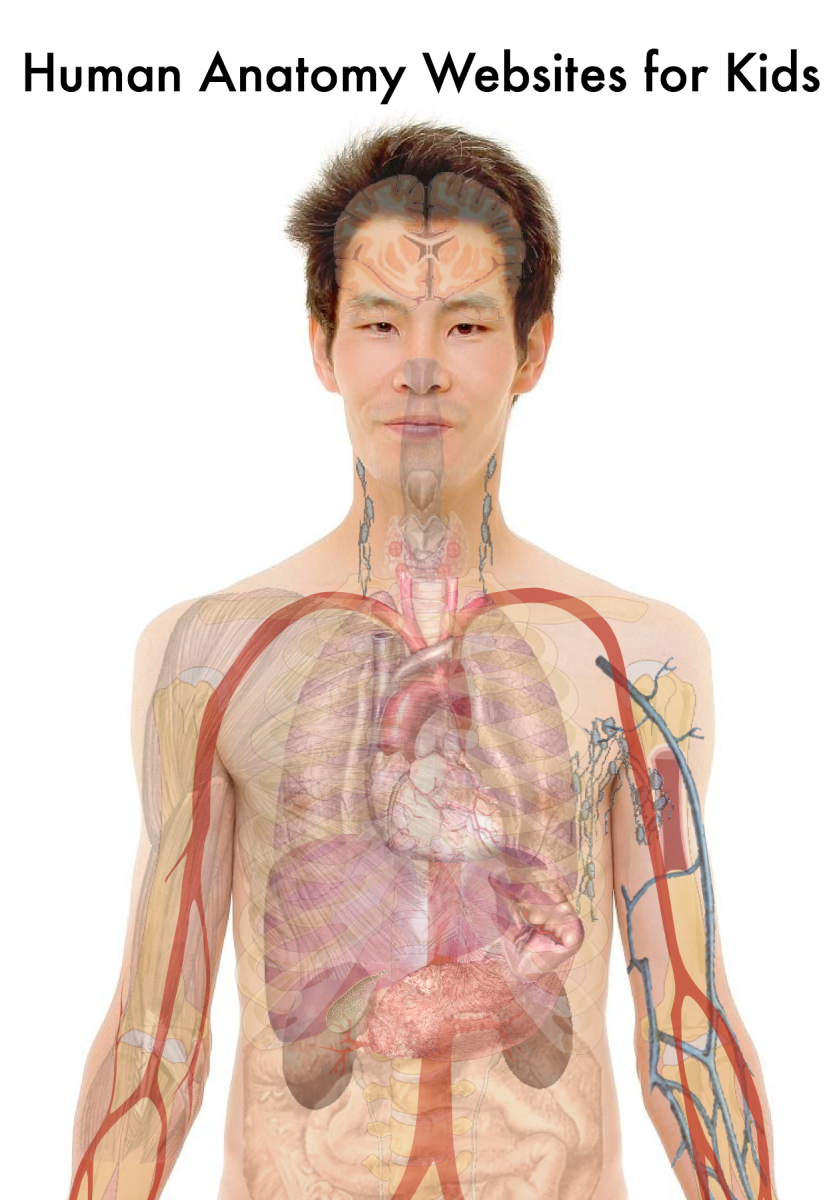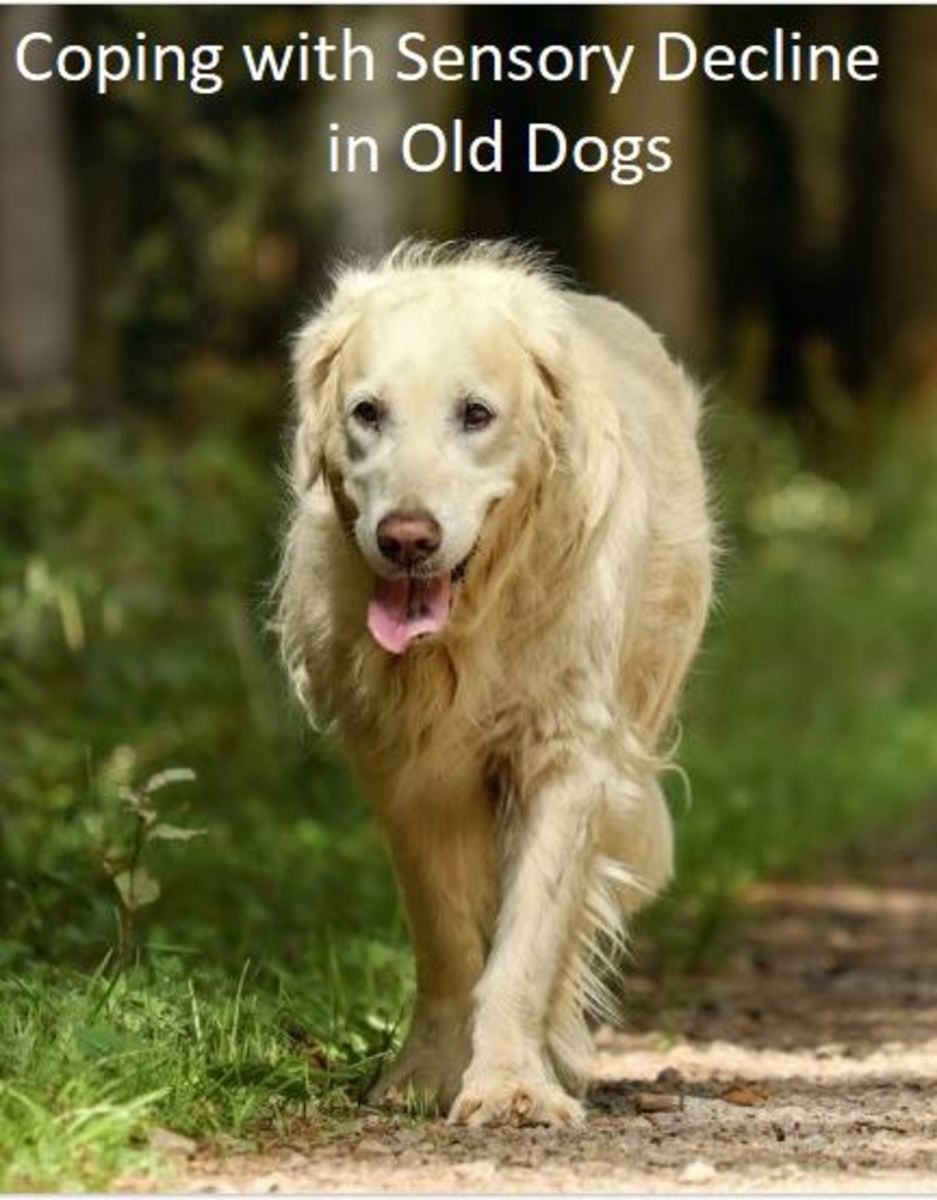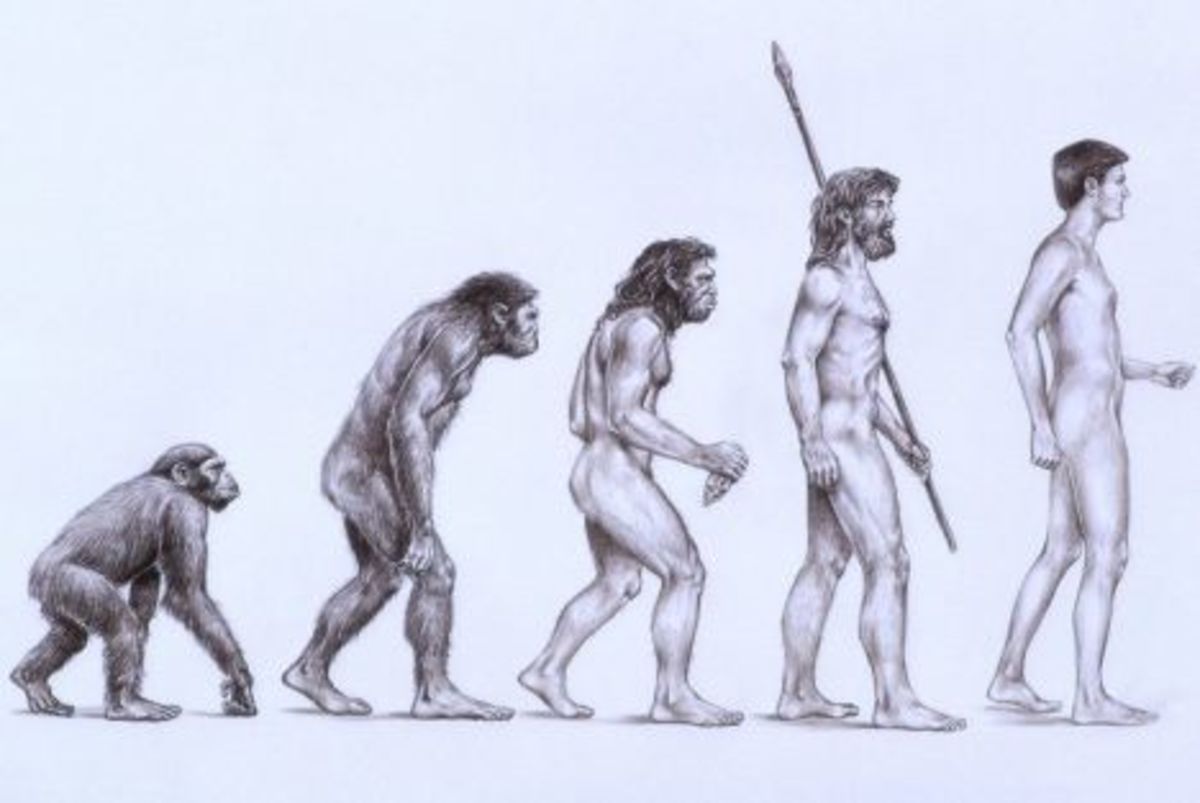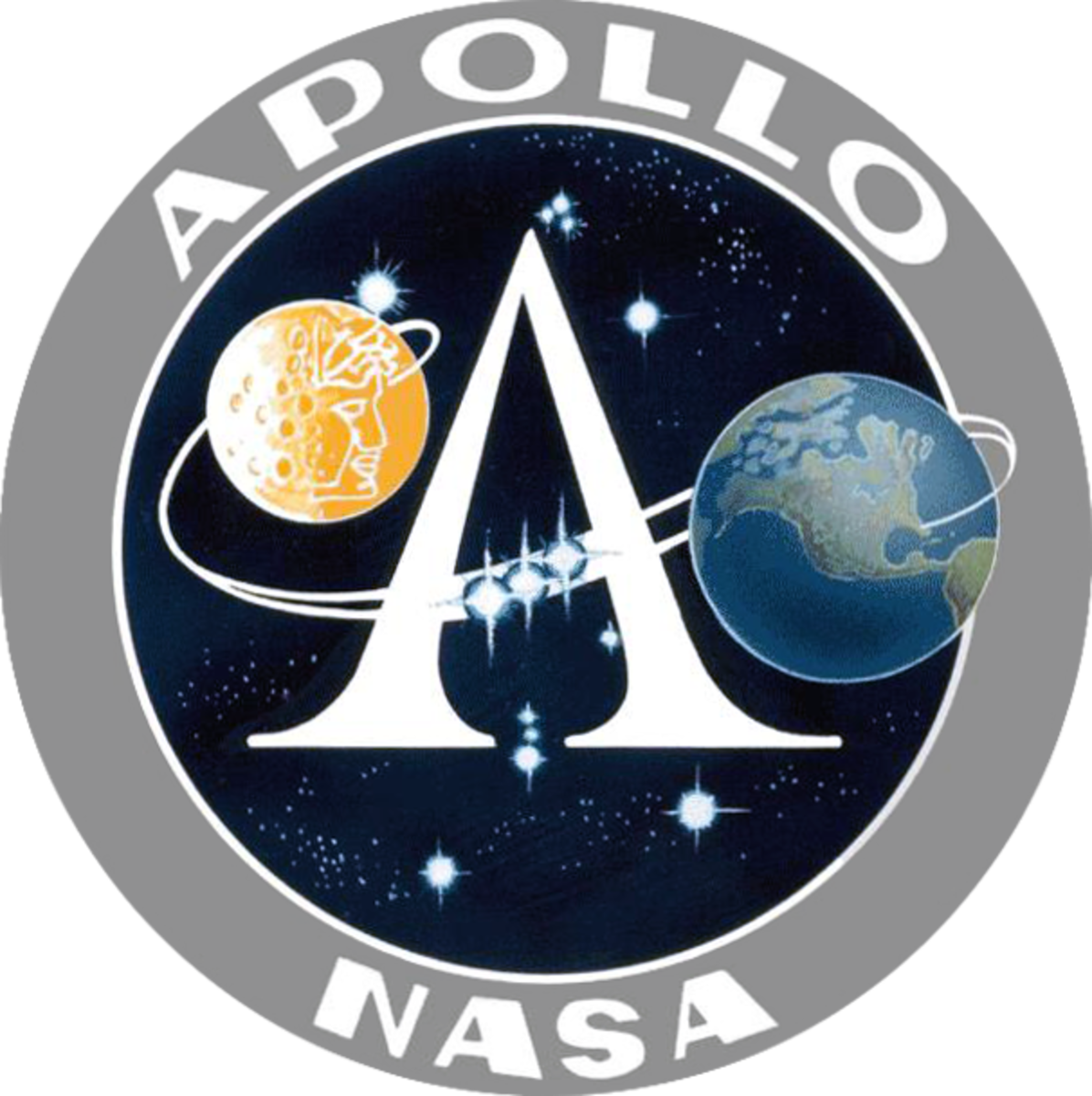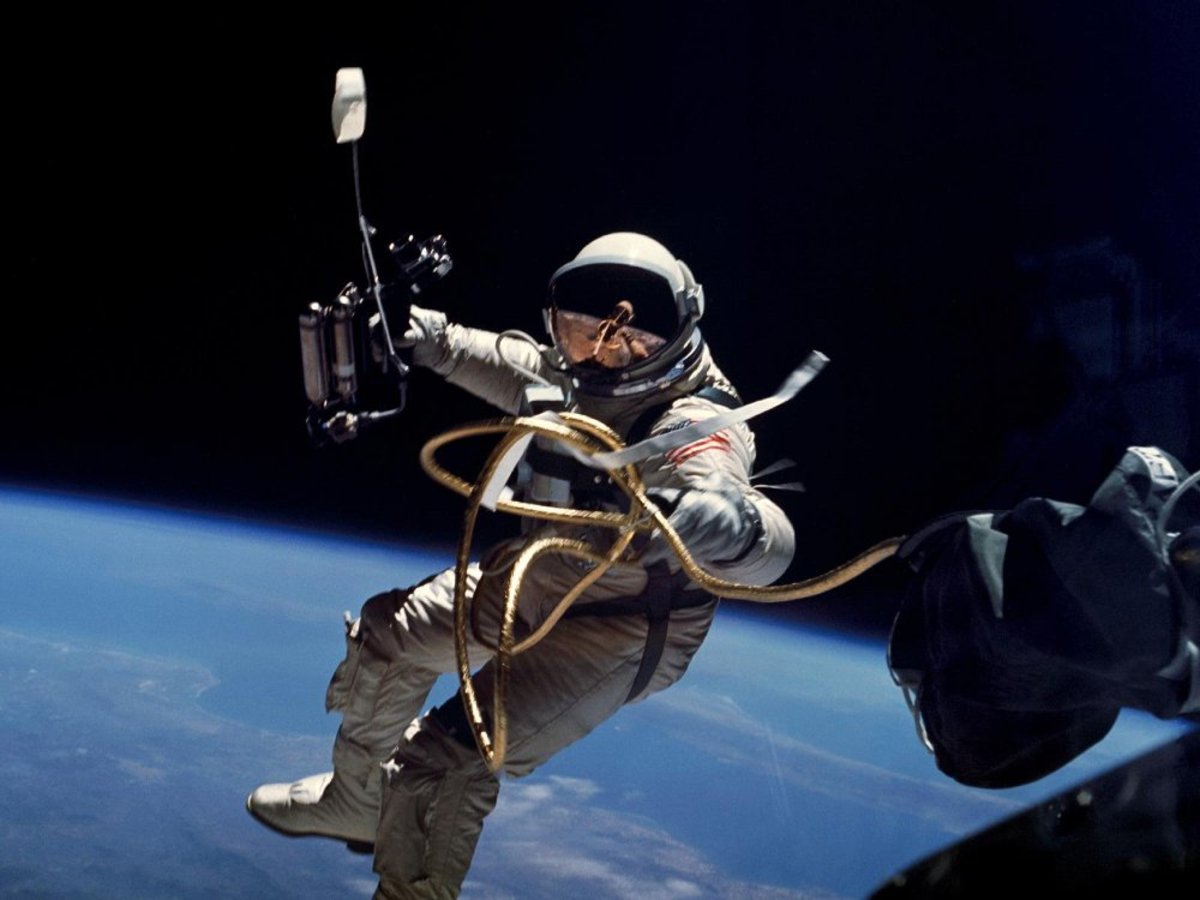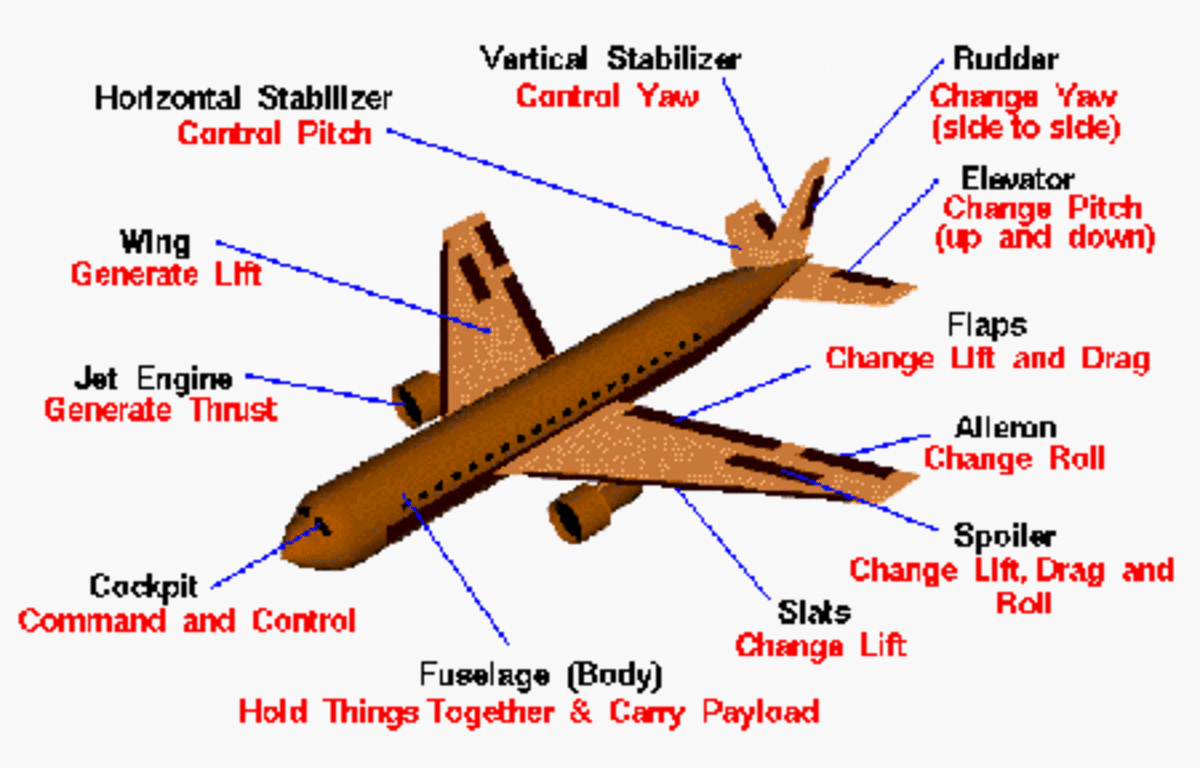How Zero Gravity in Space Changes the Human Body

Mystery and suspense of space is luring everybody, but do we know what hides behind this dream? Don't afraid, you won't turn into a scaring monster when being in space, although you will have some serious changes in your body. Zero gravity conditions can affect astronauts' health causing different disorders in the biological system of the body. Scientists claim that all the consequences are partly preventable if adequate resourses and suitable measures are in place.
We live on a blue planet that circles around a ball of fire next to a moon that moves the sea, and you don't believe in miracles?
What Happens to the Human Body in Space?
Fluid Shifting
At zero gravity conditions, the fluids in the body move from bottom to top. Cardiovascular system begins to work hard, heart rate increases, blood pressure rises. Astronauts often have swollen faces due to fluid shifting. After return from space these negative effects may back, but this time as a result of earth gravity. Fluids in the body will move in opposite direction causing a headache and low blood pressure. That's why astronauts are transported horizontally from the landing site to the base.
Because of the fluid shifting, spaceflyers may have increased intraocular pressure causing blurred vision and internal eyes trauma. Space travellers are required to wear special safety glasses to avoid the negative consequences of microgravity. NASA is making advanced researches on vision correction programs.
Loss of Muscle Mass
At microgravity all objects has no weight, and the absence of physical activity causes muscles of the astronauts to atrophy over time, especially this occurs most often with legs. Muscle thinning affects the locomotor system, posture and sense of balance, regardless of flight duration. Therefore, astronauts are required to do physical trainings to maintain their muscle tone. Loss of muscle in the space accounts for about 5% to 20% per month. In order to stand up against such negative conditions astronauts should exercise not less than 2 hours per day. When come back down to Earth, many of them should follow a rehabilitation and recovery program.
Bone Density Loss
You can grow up to 3% taller. Without gravity, the spine is free to expand, making spaceflyers taller, although the spine becomes normal after they return to Earth.
Each month astronauts lose 1% of their bone density if they don't get enough exercise. On board the space station usually there are treadmills and stationary bicycles. Doing special exercises on the space station helps prevent bone-density loss.
Premature Skin Maturaton
Long-term space travelling makes the body to produce enormous collagen levels and that's not good for the body. While some deeper skin layers become less susceptible to aging, the outer skin layer (epidermis) thins. This thinning accounts for 20% during six months-long stay in space. The skin losses its protective functions, especially the ability to transport water between the dermis and epidermis. As a result, the skin's lipids are reducing, which is always the sign of aging. Skin looks pale and less elastic, having premature wrinkles. This issue should be resolved in the near future.
Changes in Heart Shape
When astronauts spend long periods of time at microgravity in space, their hearts become spherical in shape. These conclusions were deducted after examining 12 astronauts, using an ultrasound machine on the International Space Station. According to the images taken during the astronauts' time in space, the heart becomes 9,4% more spherical at zero gravity. Scientists assume the spherical shape of the heart could mean the heart is functioning less efficiently than usual. The heart doesn't work as hard in space, which can cause a loss of muscle mass and lead to the cardiovascular problems. These effects are temporary, the astronauts' hearts become normal after they return to Earth.
Loss of Libido
Can people have children in space? Human body is made for earth's conditions and having sexual contact in space will be a difficult task. At zero gravity conditions the bodies, which should merge together into passion will push one another in opposite directions. The motions should be slow and steady. At microgravity all objects maintain their weight and due to inertia it's easy to hurt a partner.
Fluid and blood shifting from bottom to the upper part of the body doesn't contribute to normal blood circulation in the genitals leading to a loss of sexual desire.
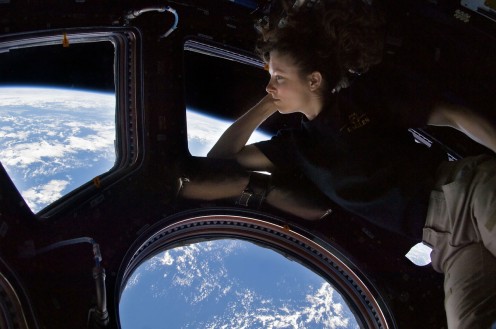
But does that means that all paths to space are closed? The curiosity of people was always stronger than their fear, inspiring them to generate new technological achievements and innovation. The researchers are working on finding alternatives for comfort staying of spaceflyers at zero gravity conditions. The further space is the more attractable it becomes for us. Humans are determined to succeed in their desire to widen the horizons of knowledge.
Would you like to experience zero gravity despite its negative effects?
© 2018 Rada Heger

